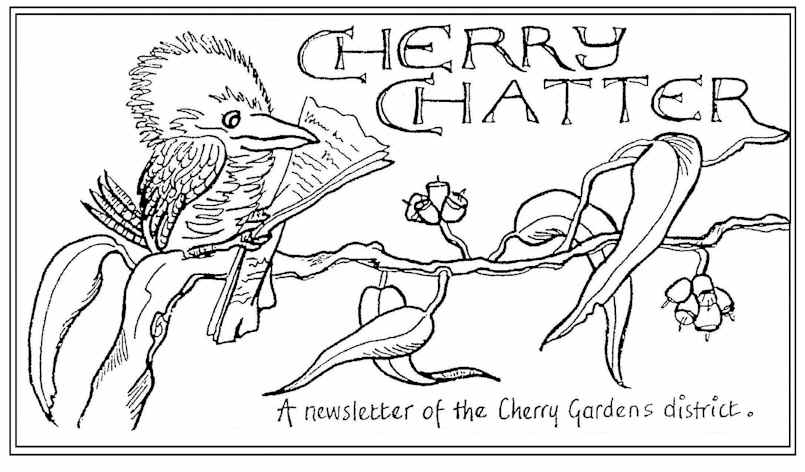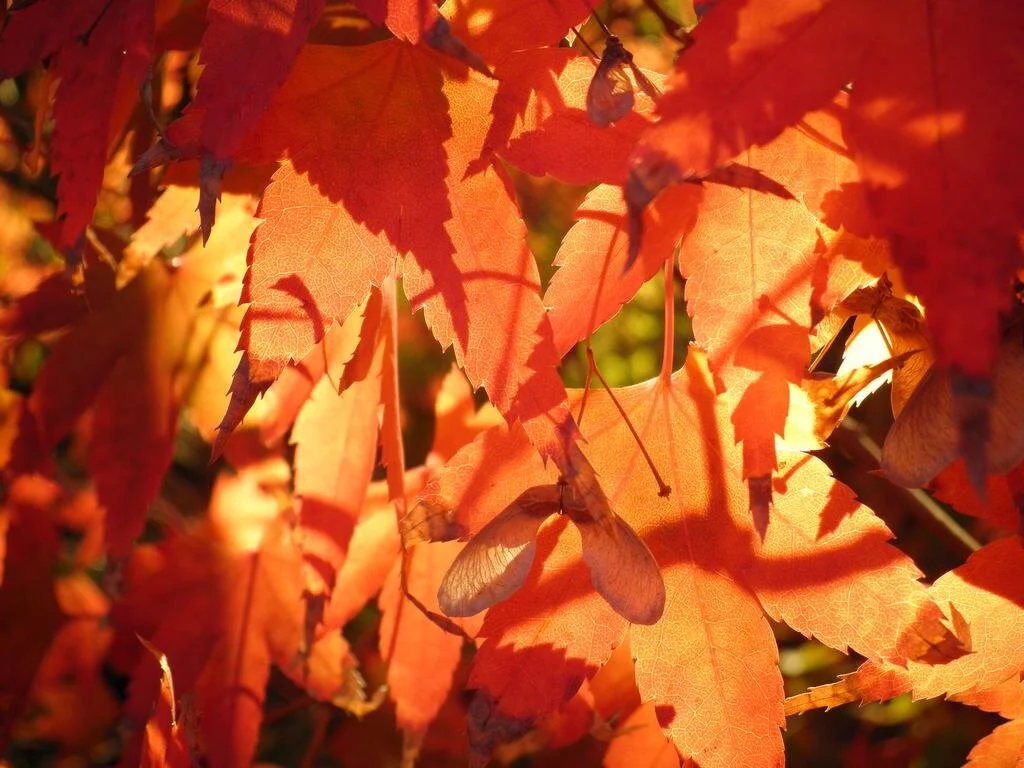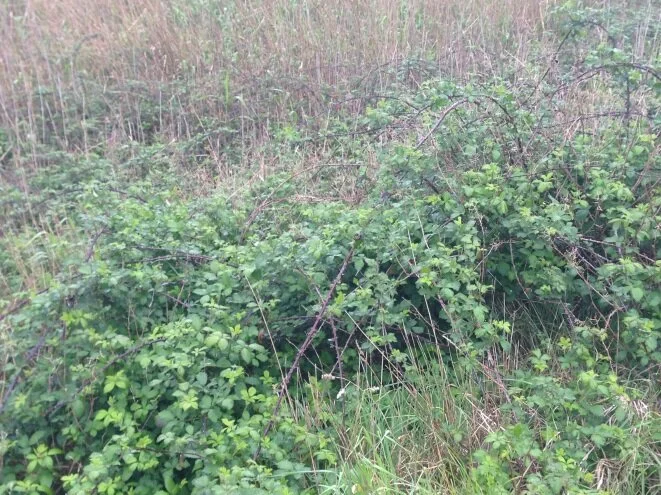Garden Club (July)
The Garden Club continues to meet in the Cherry Gardens Memorial Hall for the foreseeable future minus our incredible suppers of pre-covid times, but we continue to enjoy the warmth of chat and friendship over a cuppa.
President; Ray Wise Phone: 0405 273 003 8383 6011
NEXT MEETINGS
Monday July 12th
Three members from within our Club will talk on aspects of gardening they are passionate about.
Monday August 9th
Annual General Meeting, annual reports are tabled, all positions become vacant, election of Committee for 21/22 year. Followed by our popular quiz.
GEORGE'S GARDENING SUGGESTIONS FOR July 2021
Roses, buy now if you have prepared your soil for them, otherwise delay until you have your site ready. Don’t leave bare rooted plants sitting around. An open, well drained site with lots of sun is best.
Prune roses this month – aim for an open plant to allow sunlight in, and good air circulation.
Mature deciduous fruit trees should only be pruned lightly in winter, leave the more serious tree shaping to the growing season and plan to do it over a number of years – one main branch each year.
Glory vines can be pruned really hard – right back to just one bud in fact, and they will still produce plenty of cover.
Wisterias too will reward you with an abundance of spring flowers if you prune them now. If pruning for shape select the strongest leader to be left and remove minor canes. You can have another pruning for shape immediately after flowering.
Your mulch should be preventing most weeds from emerging at the moment, if you have a problem with them hand pulling is easy while the soil is moist and they are on the small side.
Winter crops of vegetables will benefit from regular applications of liquid feed to keep them powering along. Thin out overcrowded root vegetables to improve final quality and size – small carrots are delicious cooked or raw!
Winter oil can be sprayed onto dormant roses and deciduous fruit trees now to control summer pests such as aphids, mites and scale while they are overwintering on your plants.
Plant out onion seedlings. Some keen gardeners who want tomatoes by Christmas will be planting seeds into jiffy pots and raising them on a sunny windowsill until they show good root development, and then potted on into a slightly larger container.
Virginian stock and calendula seed can be planted now for a delightful show in spring.
GARDEN CLUB May Meeting Notes
A slightly different, albeit very relevant topic, to our usual gardening or nature related topics was brought by our speaker, local conservationist, organic garlic grower, bee keeper, and philosopher Henry Duigan, who spoke and showed us videos of his work in Conservation and Landcare. Specifically, he informed us of the River Torrens Recovery (commenced in 2014) and Highbury Aqueduct (commenced in 2013) projects. To improve water quality and ecosystem function in the river and coastal waters, a great challenge was ridding the water courses and foothills of invasive plant species including Ash, Willow and Blackberry, Vinca and Broom which threaten the native shrubs, groundcovers and sedges. A short video helped us understand the situation on the beautiful Karrawirra Parri or Torrens River, along what is widely known as the River Torrens Linear Park. International tourists express amazement that we have something so beautiful and natural so close to the city but as in our gardens, maintenance and investment are necessary to keep the area as beautiful and enjoyable as it has become over the past 6 years.
Ongoing management of invasive plant species such as Ash, Willows and Blackberries, which formed a monoculture, especially along the top reaches of the river, has been important because deciduous trees and scrambling plants create deep mulch which smothers and prevents germination of native species which changes the character of the soil by giving shade in Summer and thick leaf mulch in Autumn, suppressing the native seedbank. The environmental benefits are increasing native habitat which in turn fosters native wildlife and birdlife, small reptiles and native bees.
In the Highbury Aqueduct, (a 48 ha reserve located in the City of Tea Tree Gully, 10 km northeast of Adelaide) the challenges of revegetation and bush restoration included weed control of Aleppo Pines, Ash trees and Olives and managing a large scale revegetation project of 1000’s of native sedges, grasses and Tea Trees. It has been a community park since 2013, when a small 8 ha area was opened to the public. Since then a further 35 ha have been opened with the final ha opened in late 2019 completing the process for the reserve which has become popular with local residents for walking, bike riding, bird watching, gardening, exercising and conservation.
During question time Henry explained the various methods of weed control necessary in these types of projects. Different methods were discussed, including techniques to control plants with rhizomes and the drill and fill method necessary for eradicating woody weeds with large trunks.












